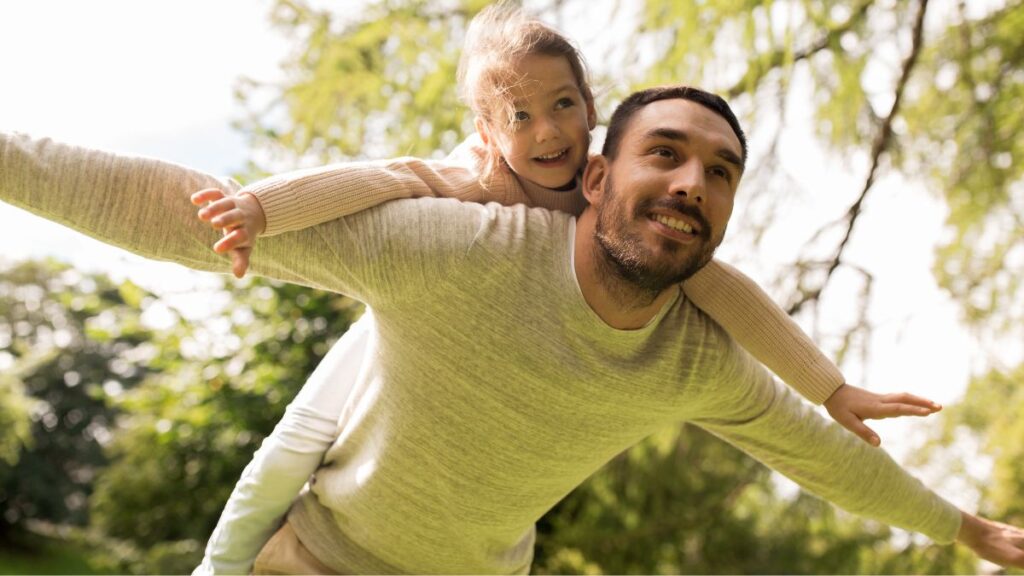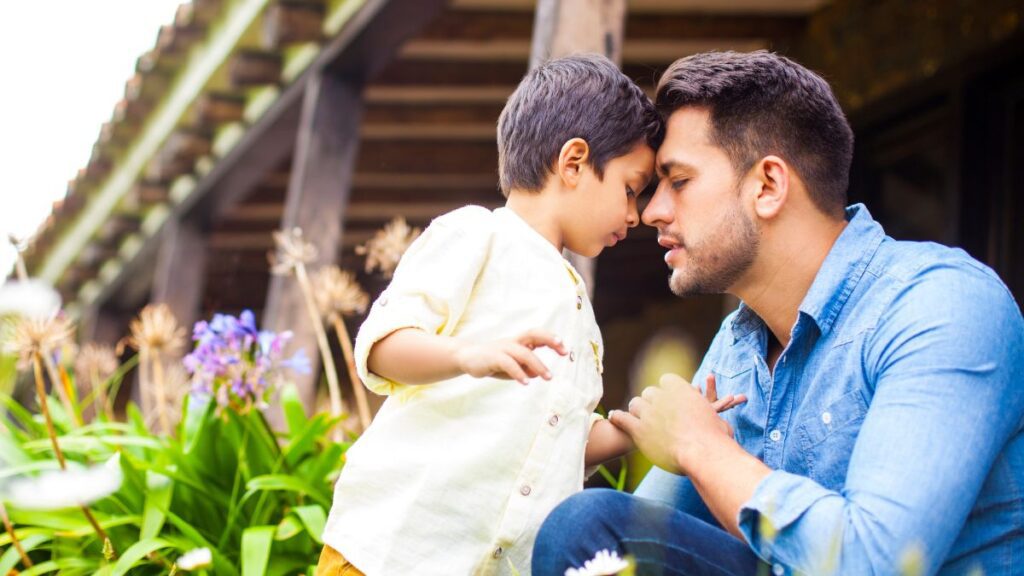Divorce is a difficult and often painful experience for both spouses involved. But aside from the emotional toll it takes on adults, it also has a significant impact on any children who may be caught in the crossfire. While most people are aware of the immediate effects of divorce on children, such as changes in living arrangements and potential custody battles, many fail to consider the long-term consequences it can have on a child’s life. As children grow and navigate through different stages of development, the effects of divorce can manifest in unexpected ways, influencing their behaviors, relationships, and overall well-being.
In this article, we will explore how divorce affects children as they age and provide tips on how parents can help mitigate these effects to ensure a healthy and happy future for their children. So, if you are going through a divorce or know someone who is, keep reading to learn more about the potential impacts it can have on children’s lives.

The Different Stages of Childhood and How They Are Affected by Divorce
Divorce can have varying effects on children depending on their age and stage of development. Infants, for example, may not be able to fully comprehend what is happening but can still feel the tension between their parents. Toddlers may struggle with changes in routine and possibly separation anxiety.
As children enter the school-age years, they may feel a sense of shame or embarrassment about their family situation. Adolescents, on the other hand, may experience feelings of anger and resentment towards their parents for causing such a significant disruption in their lives.
The impact of divorce on a child’s life can also extend into adulthood, affecting their ability to form and maintain healthy relationships. Understanding how each stage of childhood may be affected by divorce is crucial for parents to address and support their children accordingly.
The Immediate Effects
Regardless of age, children are likely to feel many negative emotions when faced with their parents’ divorce. Some common reactions include confusion, fear, anxiety, and sadness. They may also exhibit changes in behavior, such as acting out or withdrawing from friends and family.

In addition to emotional distress, children also have to adapt to many practical changes that come with divorce. Moving homes, changing schools, and living with only one parent can all be challenging adjustments for a child to make. These immediate effects can be overwhelming and cause a great deal of stress for children.
The Long-Term Effects
As children grow and mature, the effects of their parents’ divorce can continue to shape their lives in unexpected ways. Studies have shown that children of divorce are more likely to struggle with mental health issues such as depression and anxiety. They may also have a higher risk of developing behavioral problems, including delinquency, substance abuse, and early sexual activity.
Divorce can also have an impact on a child’s relationships as they enter adulthood. Children of divorce may struggle with trust and commitment issues, making it challenging to form healthy and lasting relationships. They may also have difficulty communicating their emotions effectively, leading to conflict and misunderstandings in their interactions with others.
The effects of divorce can also extend to a child’s professional life. Children from divorced families may have lower academic achievement and are more likely to drop out of school than their peers from intact families. These challenges can make it harder for them to secure employment and achieve financial stability in the future.
Overall, the long-term effects of divorce on children can be far-reaching and have a lasting impact on their lives.

Signs Your Child May Be Struggling
As a parent, it is essential to be aware of signs that your child may be struggling with the effects of divorce. Here are some common red flags to look out for:
- Changes in behavior, such as becoming more withdrawn or acting out.
- Difficulty concentrating and declining academic performance.
- Increased emotional distress, including anger, sadness, and anxiety.
- Changes in eating or sleeping habits.
- Changes in relationships with peers and family members.
How Parents Can Help Mitigate the Effects of Divorce?
Although the effects of divorce can be daunting, there are steps that parents can take to help their children navigate through this difficult time. Here are some tips on how parents can mitigate the effects of divorce on their children:
- Communicate openly and honestly with your child about the situation and reassure them that they are not to blame for the divorce.
- Keep routines as consistent as possible to provide a sense of stability and familiarity for your child.
- Avoid putting your child in the middle of any conflicts between you and your ex-spouse.
- Encourage open communication and provide a safe space for your child to express their feelings about the divorce.
- Seek professional help, if needed, both for yourself and your child, to process emotions and cope with the changes.
- Co-parent effectively and prioritize your child’s well-being in all decision-making.

What Can Children Learn from Their Parents’ Divorce?
Although divorce can be a challenging experience for children, it can also teach them valuable lessons that they may not have learned otherwise. For example, children can learn the importance of resilience and adaptability as they navigate through changes in their family dynamic. They can also learn the value of open communication and honesty in relationships, which can help them form healthier connections in the future.
Children can also see how their parents handle conflict and learn from them. If parents are able to co-parent effectively and maintain a positive relationship, it can serve as a role model for healthy communication and cooperation. This lesson can benefit children in their future relationships with friends, partners, and even their own children.

To Conclude
We cannot deny that divorce can have a significant impact on children, regardless of their age. However, by understanding the potential effects and taking steps to support them through this challenging time, parents can help mitigate these impacts and promote their child’s well-being. So, if you are going through a divorce, remember to prioritize your child’s needs and seek support for yourself as well. By doing so, you can help your child navigate this difficult experience and emerge stronger and more resilient in the end.

